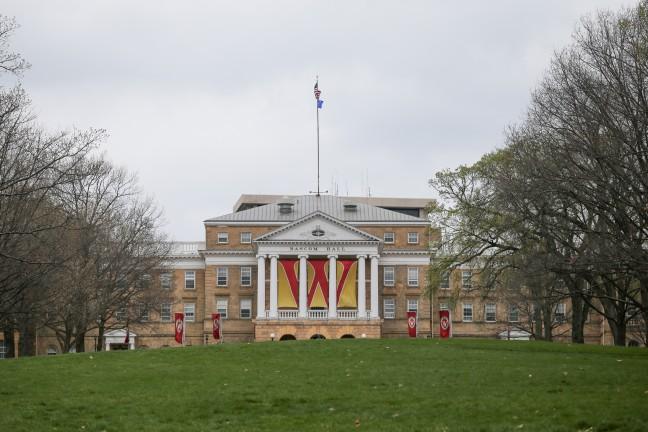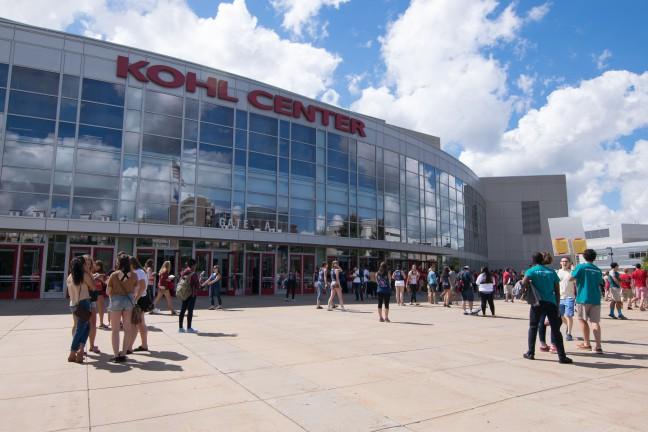University of Wisconsin Chancellor Rebecca Blank highlighted her key policy focuses in education and tuition at a public meeting with the UW System Board of Regents Thursday.
“It’s sometimes a mixed blessing to have this annual invasion of regents,” Board of Regents President Michael Falbo said.
Blank said progress has been achieved in adding faculty to manage the large class sizes. She also said need-based financial aid has been substantially increased. At the same time, the four-year graduation rate has steadily increased to 56.4 percent.

The Madison Initiative for Undergraduates has worked to address the amount of time students are taking to graduate, crowding in introductory courses and inadequate levels of financial aid over the past five years.
“I’m not satisfied with where that number is, but we’re really moving in the right direction,” Blank said. “There are always students who take five to six years to graduate for good reasons, but my concern is that there are students who do that for not so good reasons.”
The chancellor also discussed the introduction of new education technologies in the UW System.
Blank said the university is considering ways to make introductory courses more accessible to incoming freshmen. She said officials are looking to improve the quality of these courses by allowing remote access to lectures and conducting small-group discussion and problem-solving in class.
“We’re improving the performance of low-performance students without hurting the performance of high-performing students,” Blank said.
The launch of the UW Flex Option program earlier this year and massive open online courses is allowing global access to the university’s resources, Blank said.
According to Blank, massive open online courses on topics such as video games and learning, markets with frictions and human evolution are available to people worldwide. She said each of these MOOCs now has an enrollment number higher than UW-Madison’s undergraduate enrollment.
“This is a branding opportunity,” Blank said. ‘This is a way to take the University of Wisconsin-Madison out entirely into the world and let people know what excellent faculty and what sort of excellent research and knowledge we have.”
Still, the chancellor added that such courses are not for credit and do have high dropout rates.
Exciting opportunities also exist in the world of research, Blank said. UW departments of physics and astronomy are observing neutrinos particles in the Wisconsin Ice Cue Particle Astrophysics Center in Antarctica.
While such efforts have been well-funded in the past and provide opportunities to learn more about the birth of the universe and the nature of matter, research funding is in danger due to declines in federal funding and non-competitive staff salaries.

Research funding is not the only budget issue the university faces in the future, Blank said.
While professional school tuition remains low relative to other institutions and UW is rated quite well, the university is not living up to its full potential to attract students.
“I’m an economist,” Blank said. “It is not a competitive advantage to be the cheapest school available.”

[Slides from Chancellor Blank’s presentation to the Board]


















